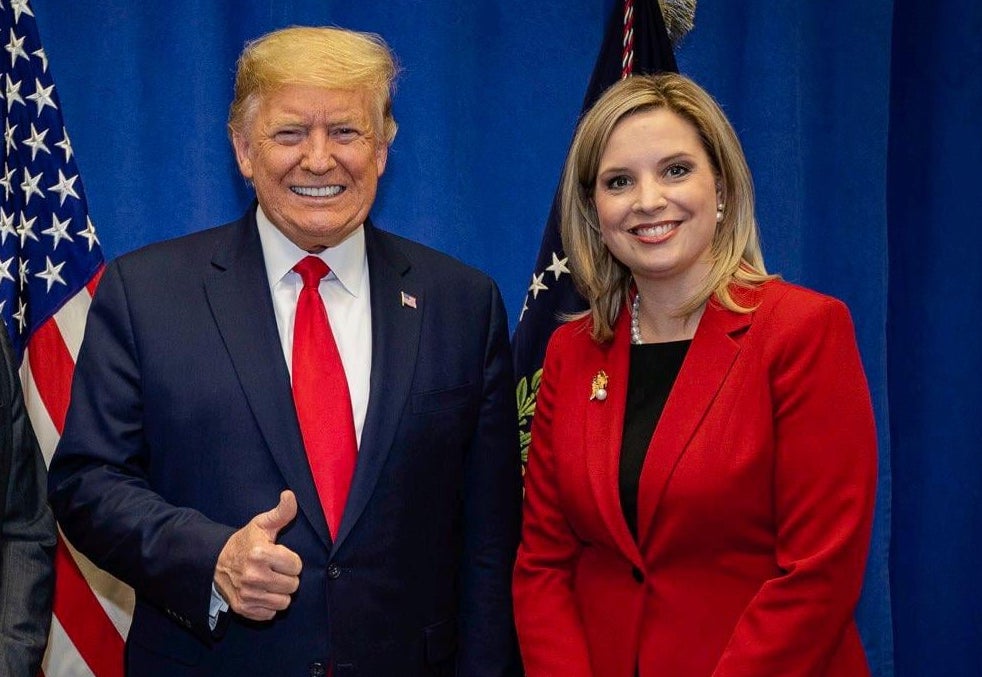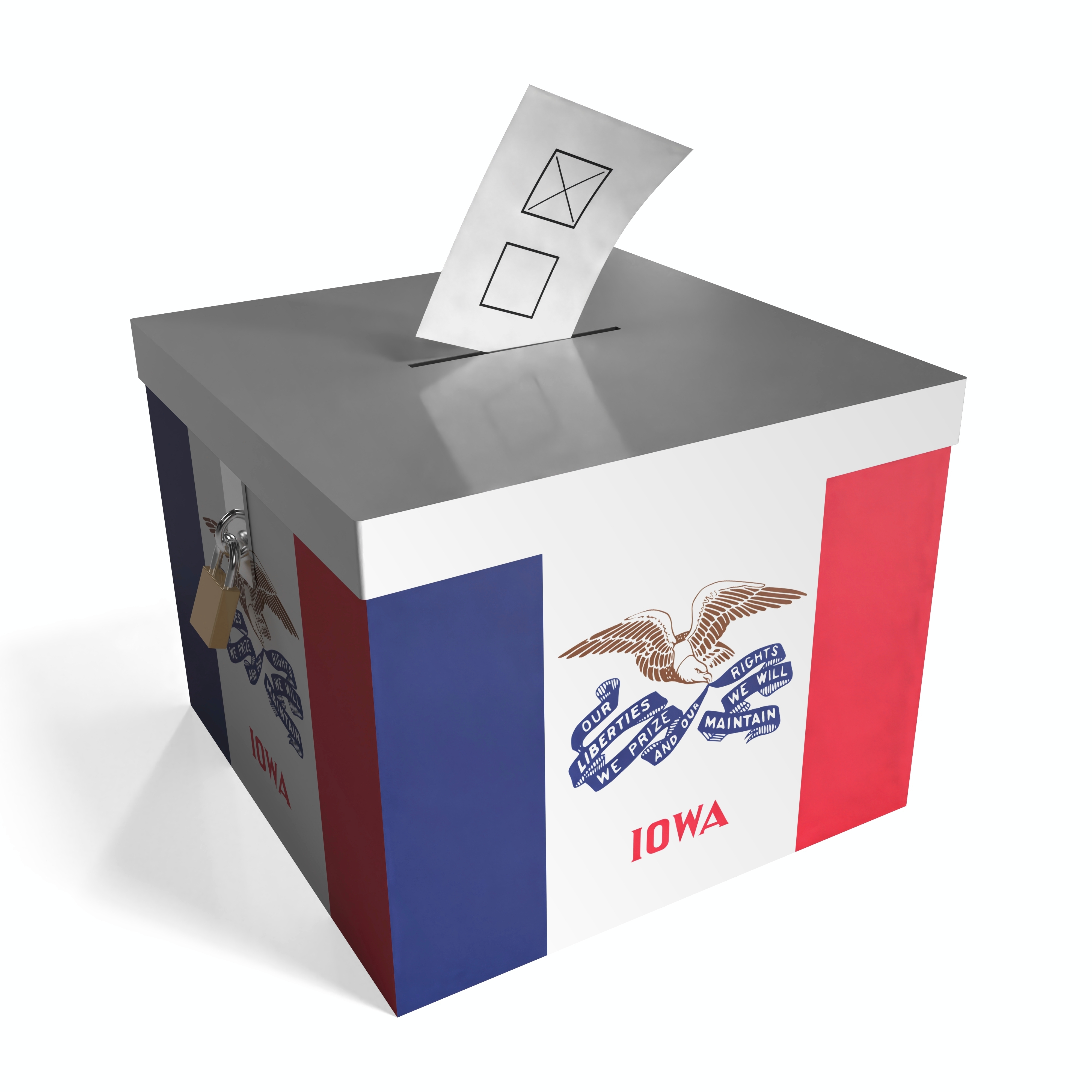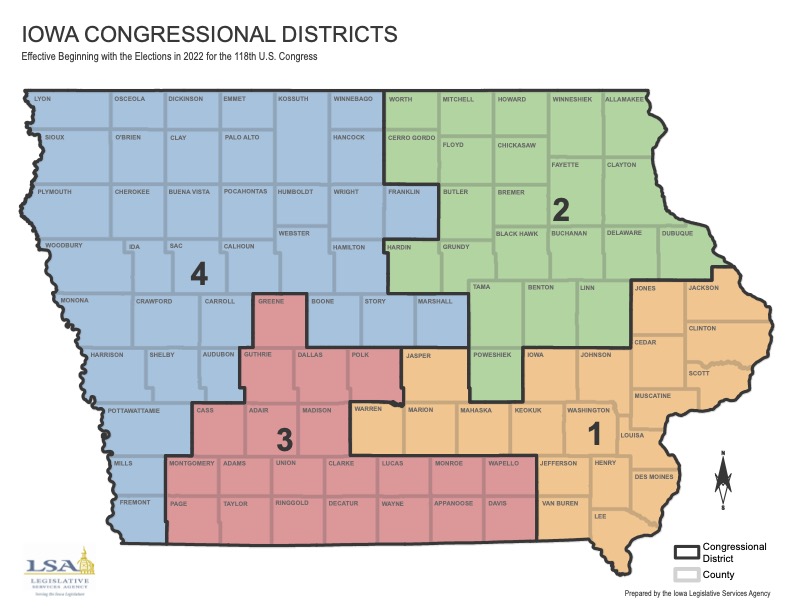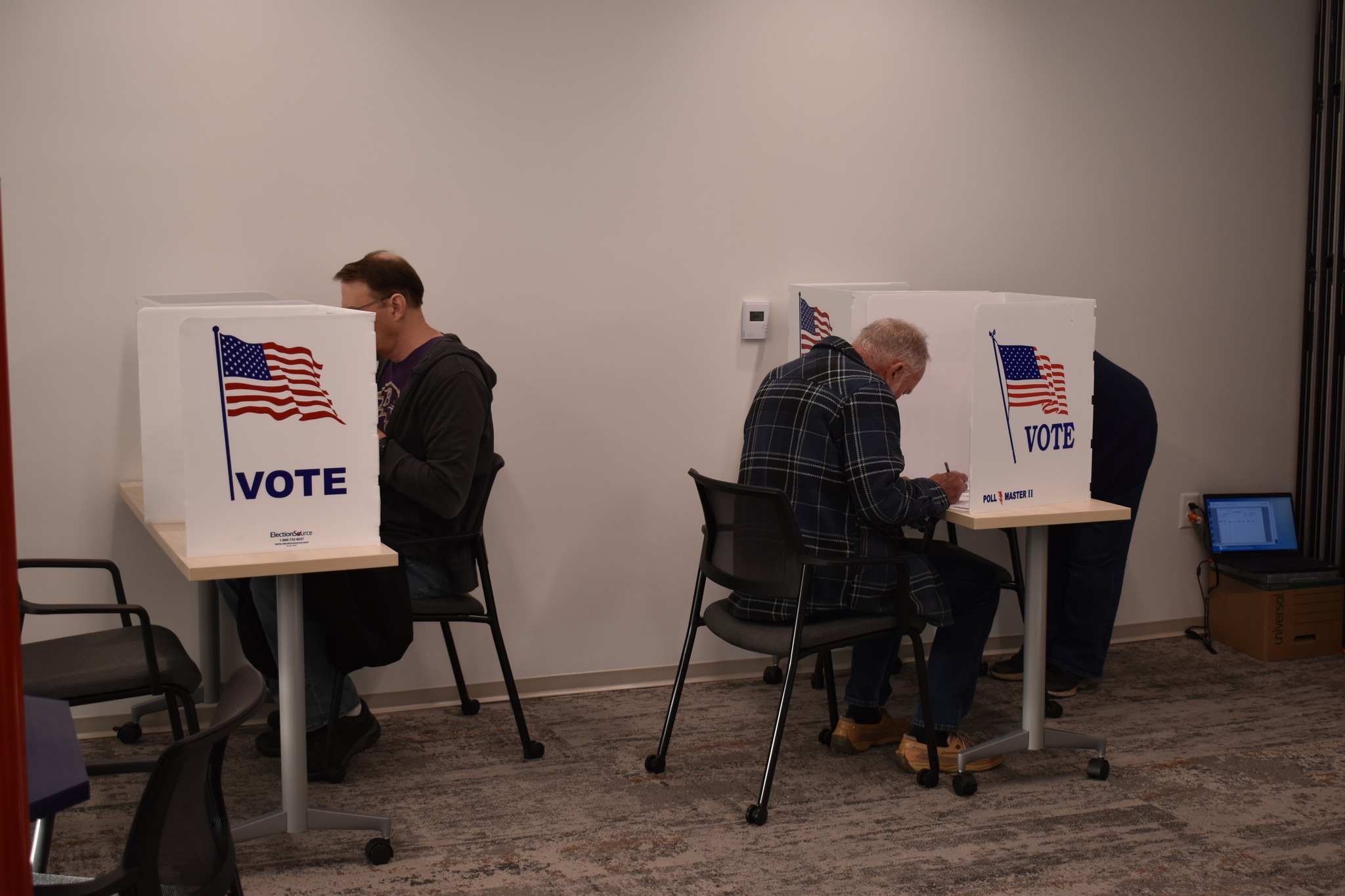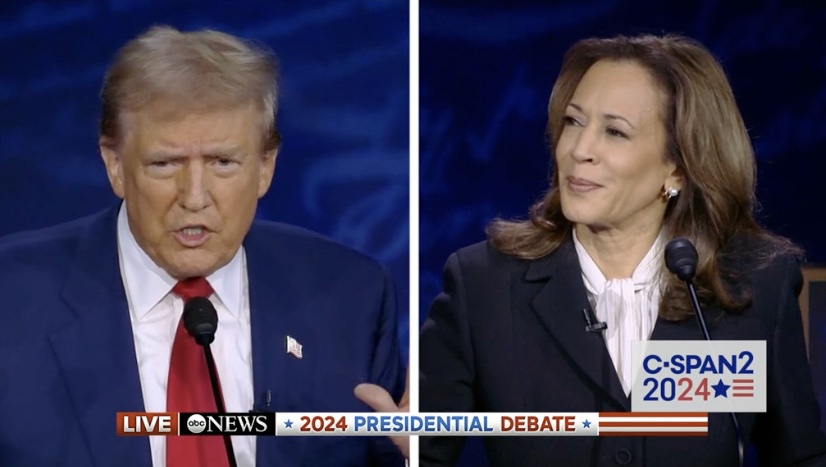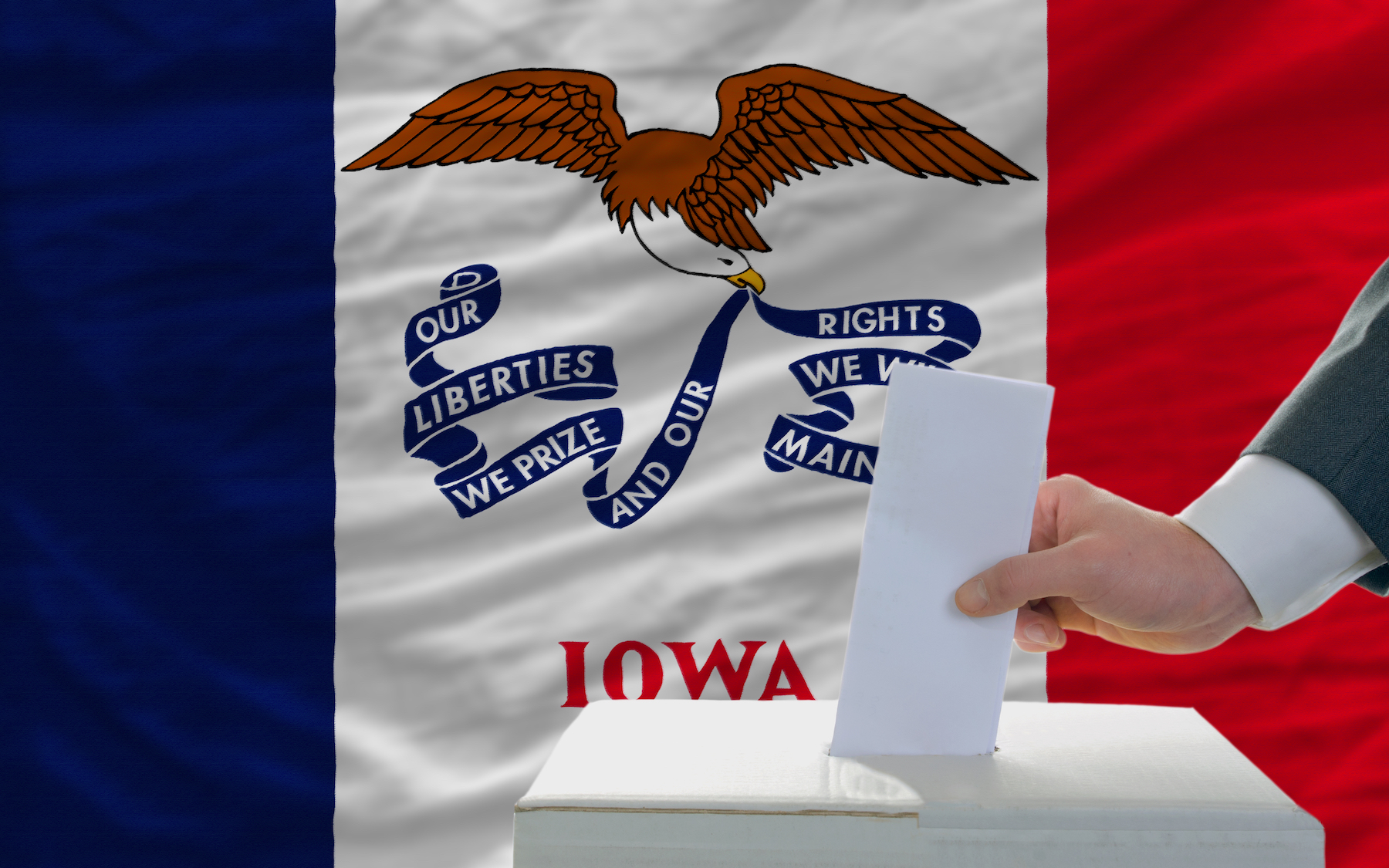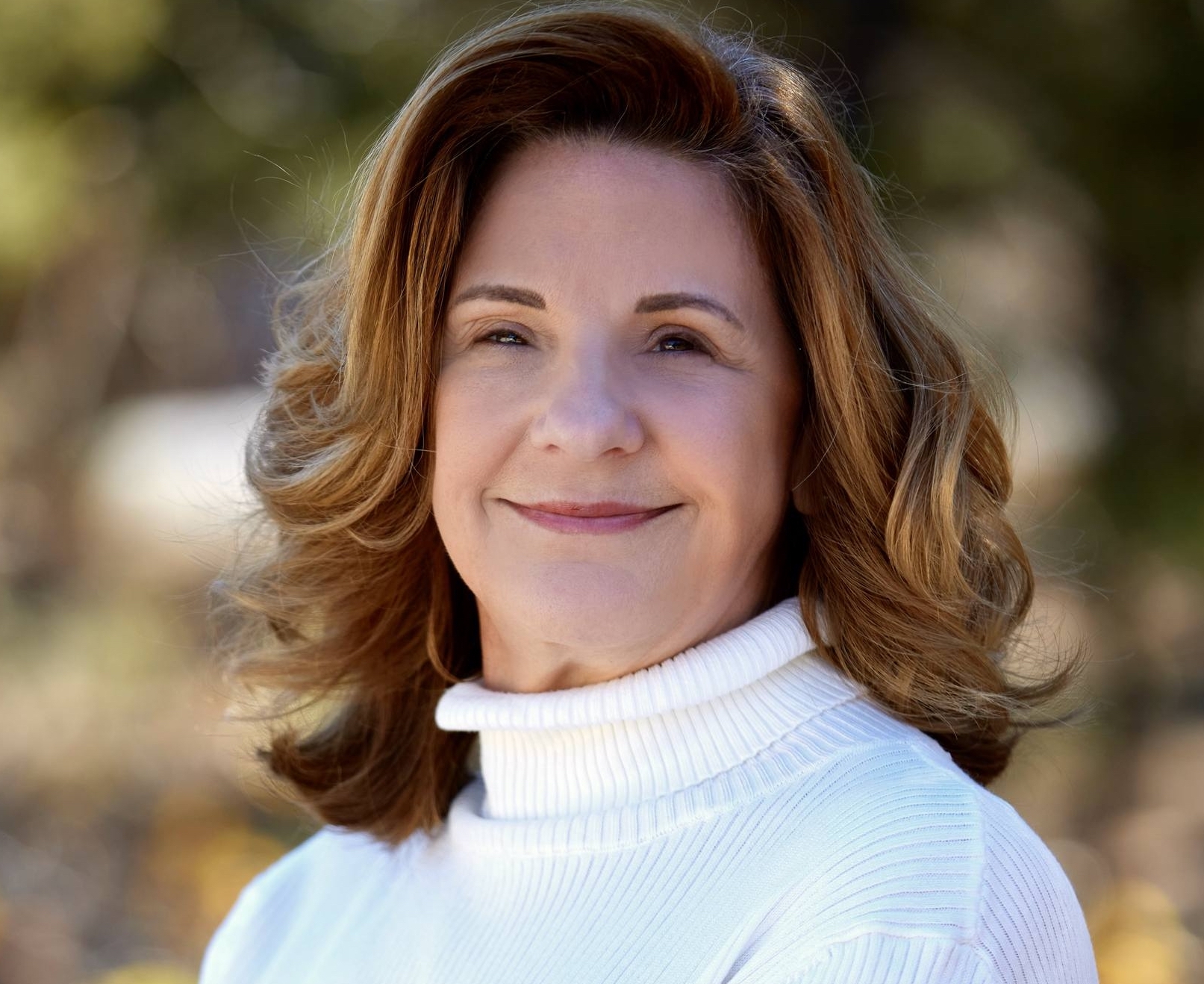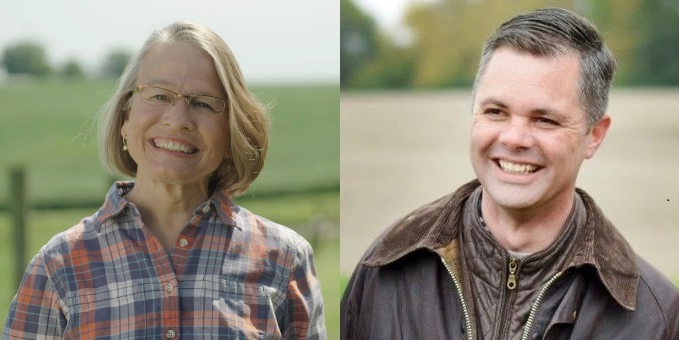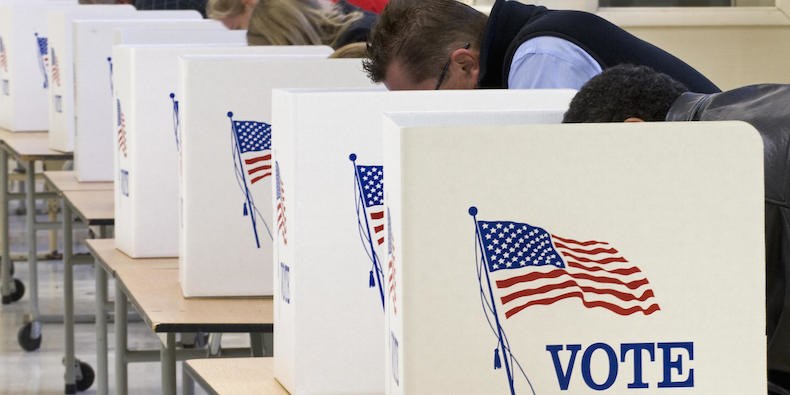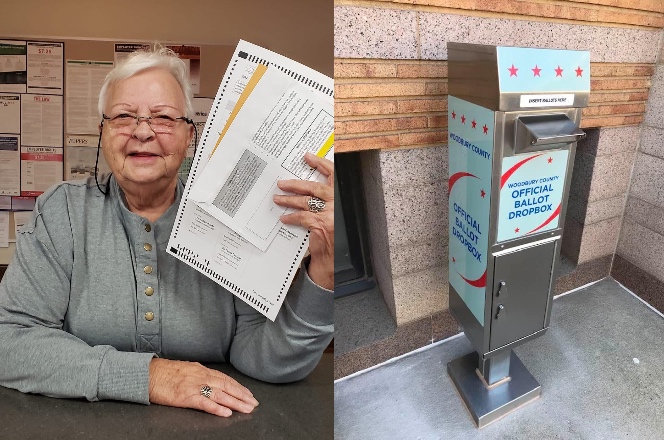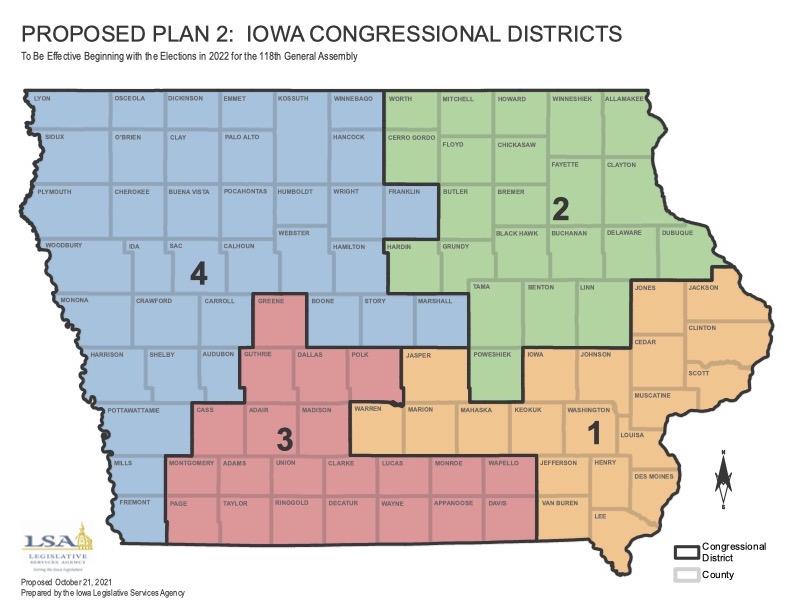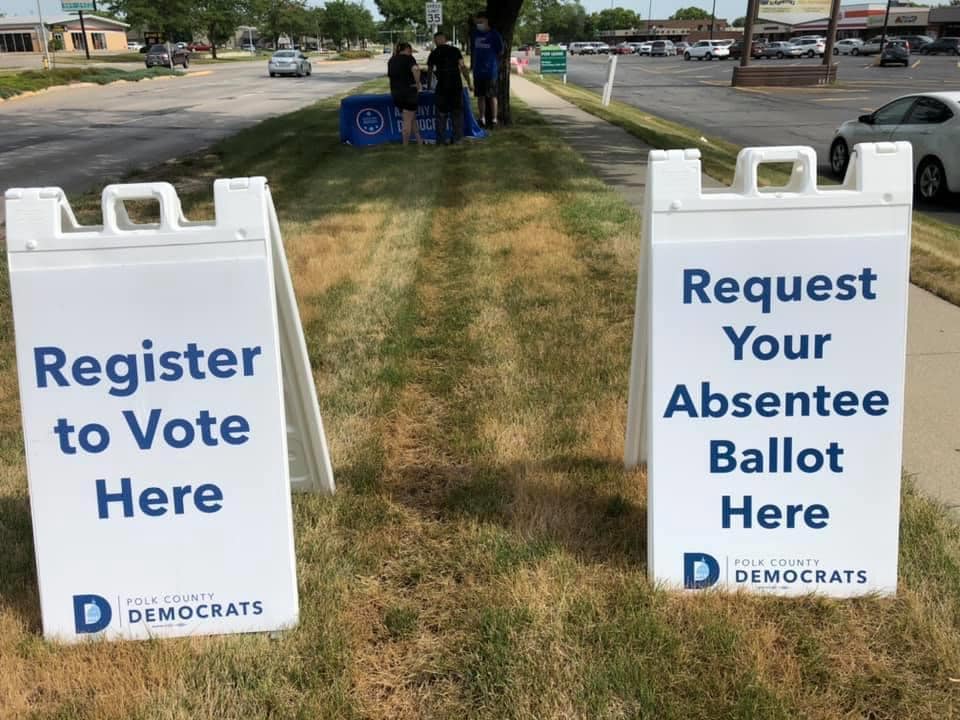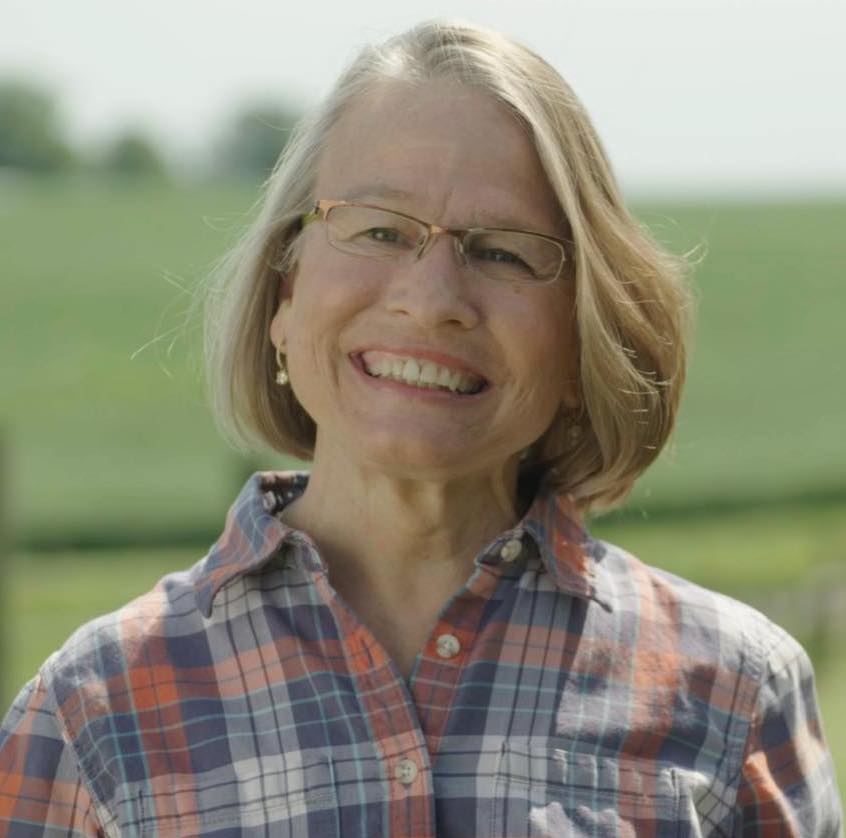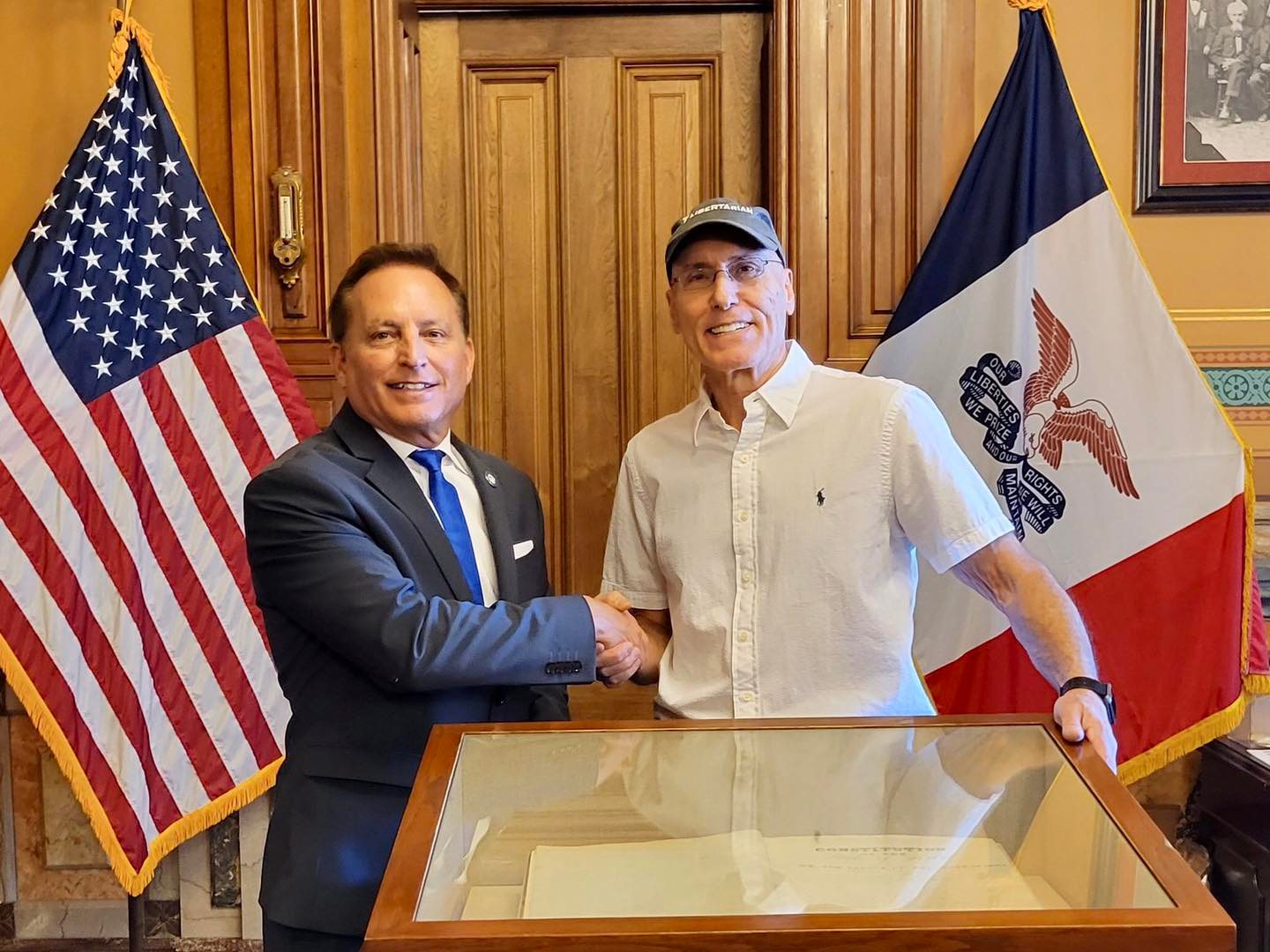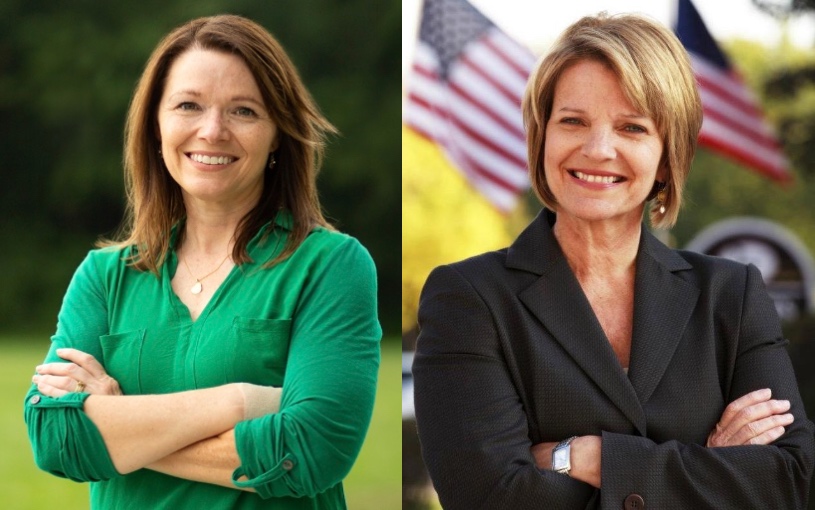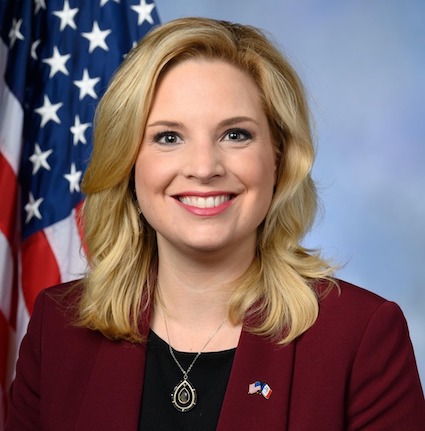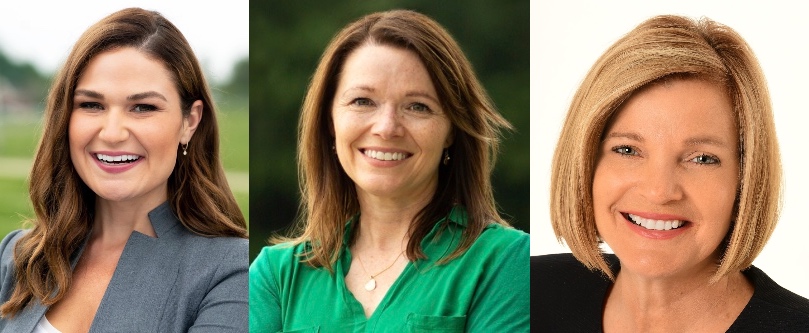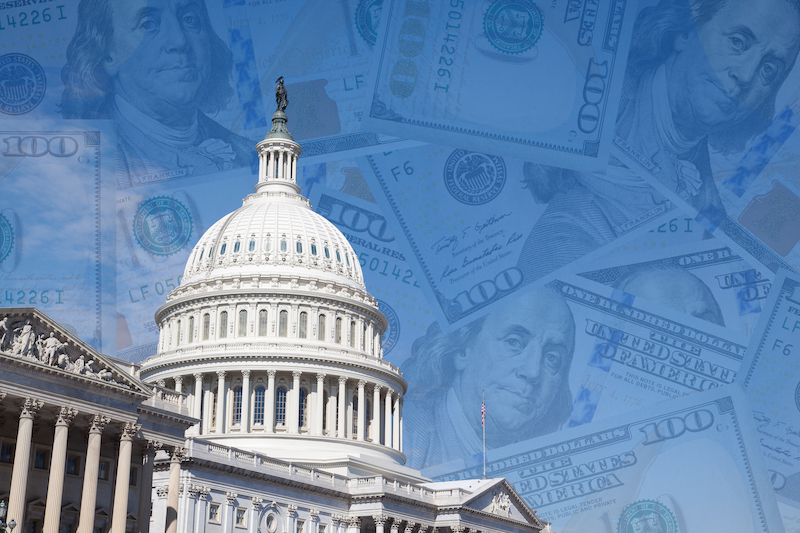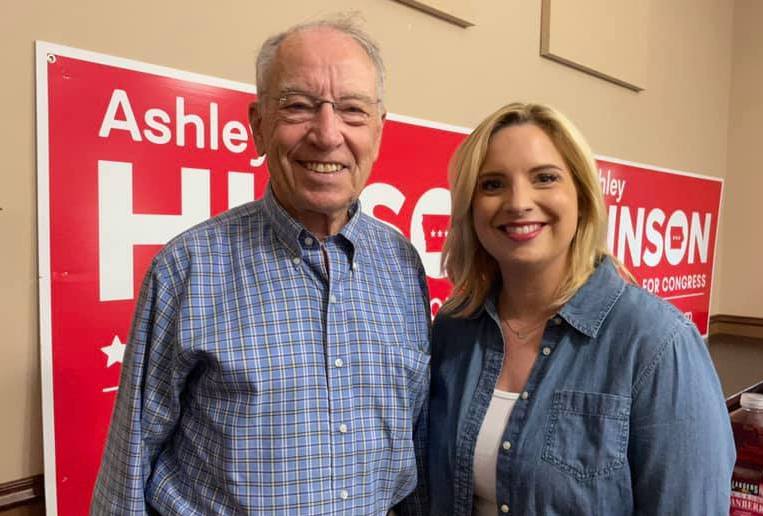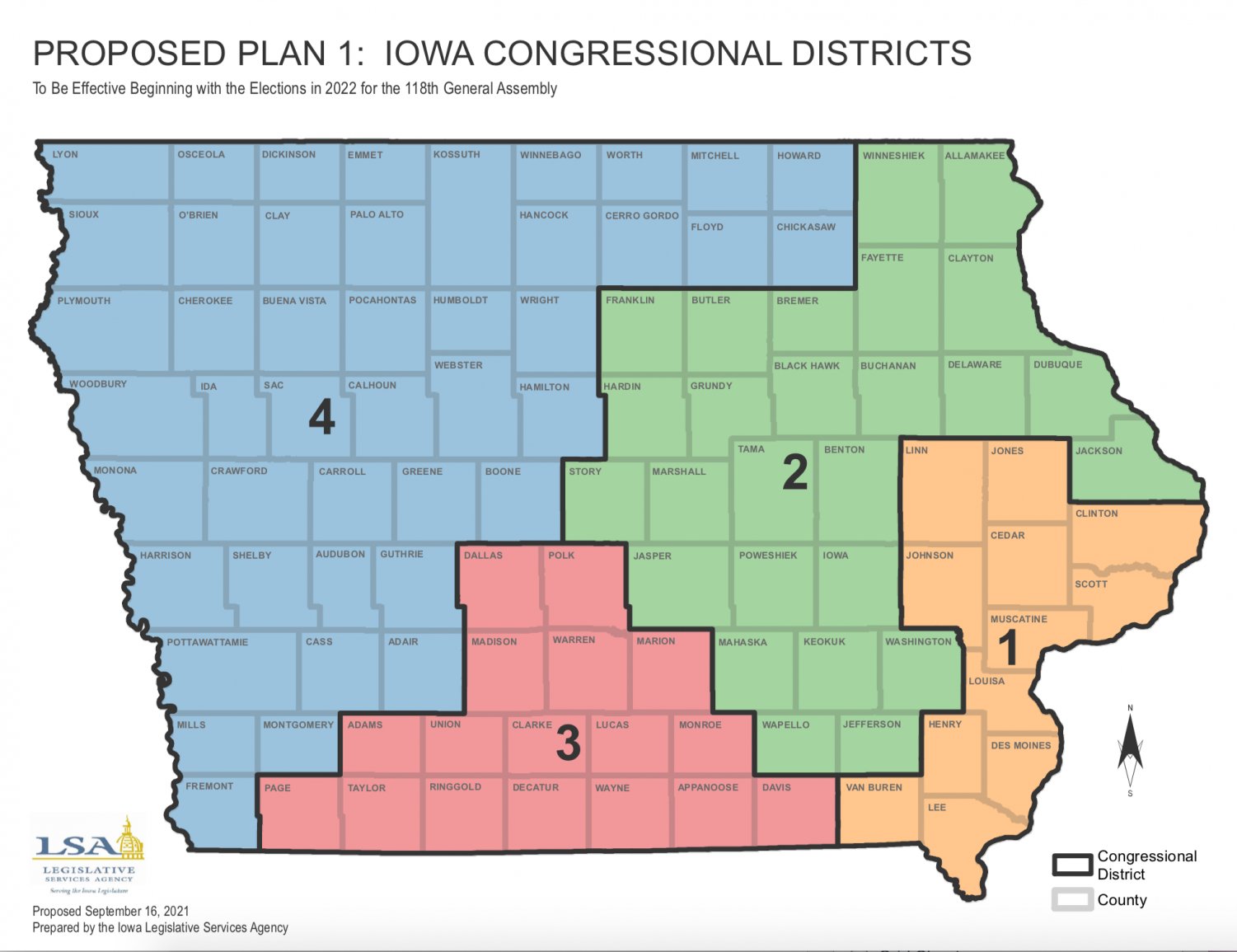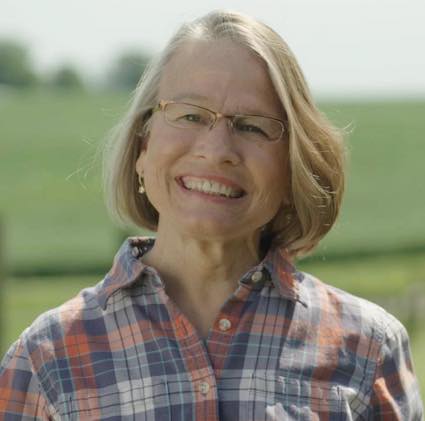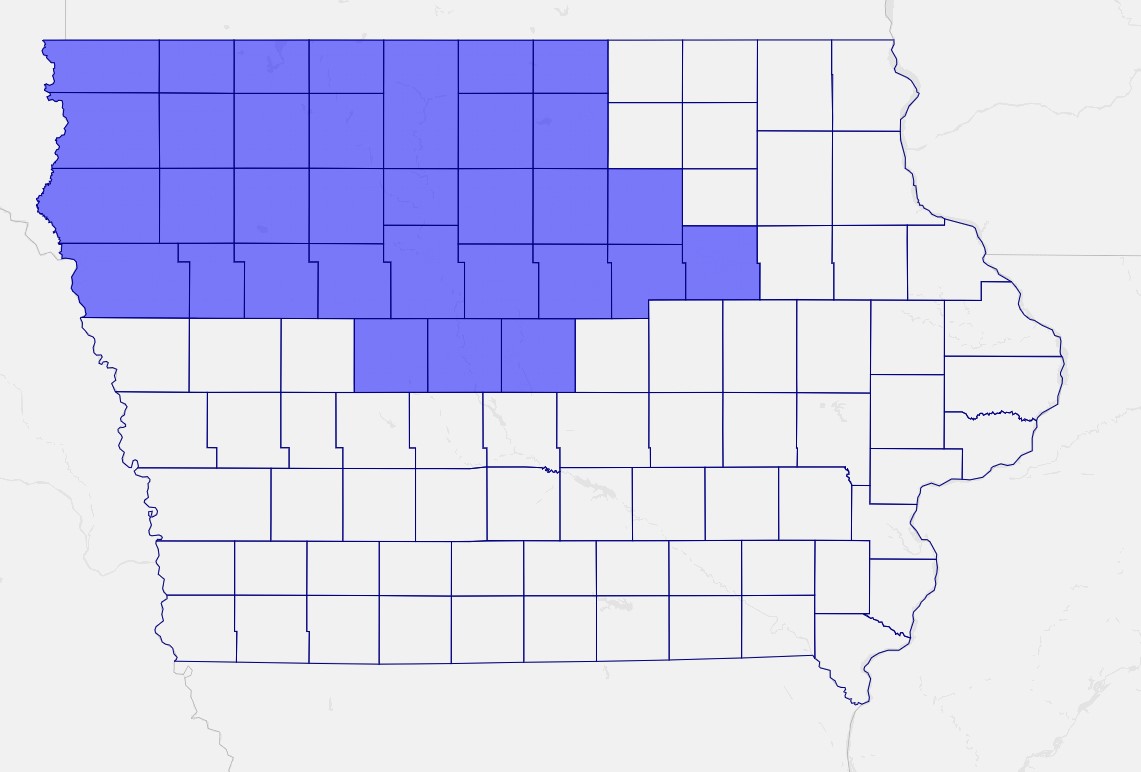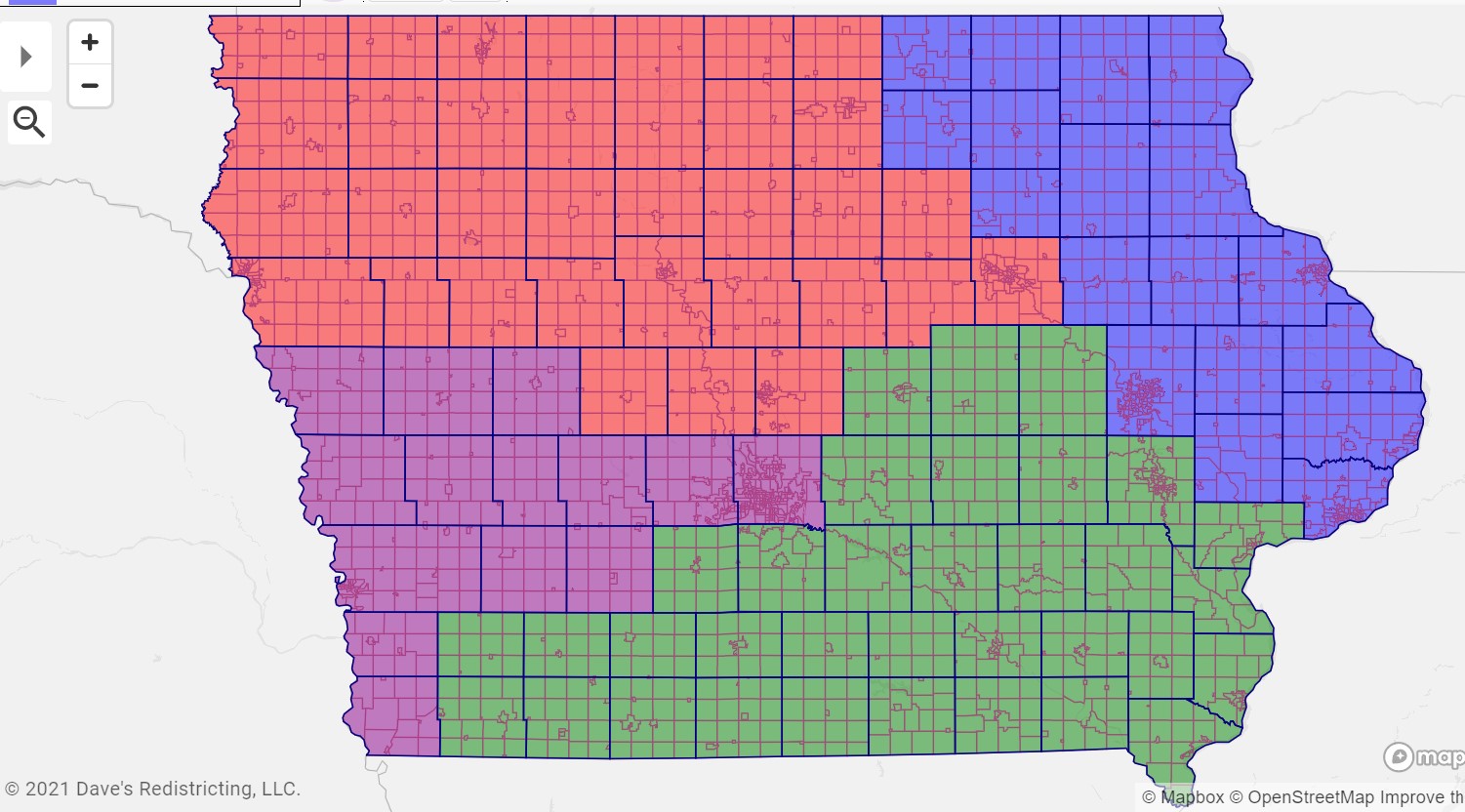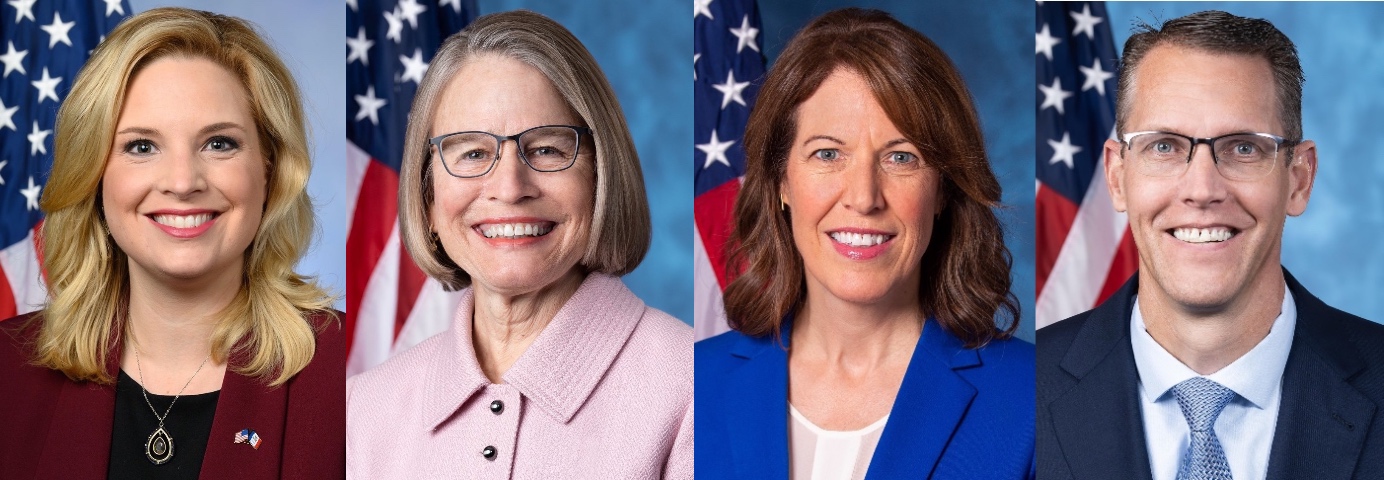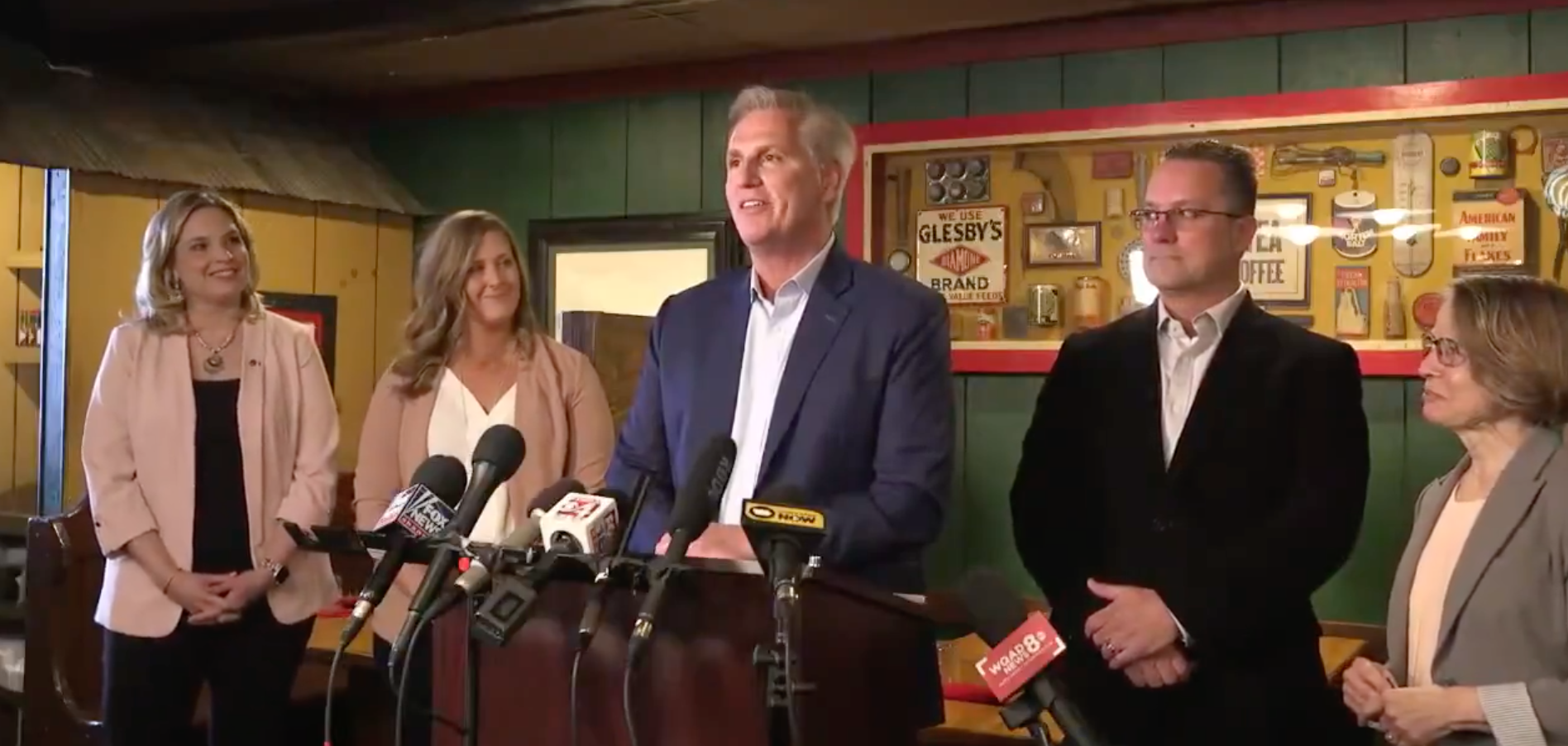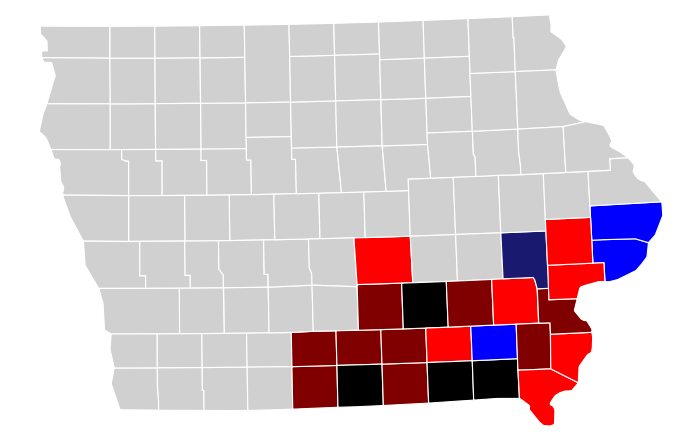Continuing a Bleeding Heartland tradition, I will post Iowa’s latest absentee ballot numbers, statewide and for each Congressional district, every weekday, based on figures released by the Iowa Secretary of State’s office. That office also publishes daily absentee ballot totals by county, state House district, and state Senate district.
You can compare this year’s numbers to daily charts from the last six election cycles by clicking through to Bleeding Heartland’s archive of absentee ballot totals from 2022, 2020, 2018, 2016, 2014, and 2012. But use caution when comparing, because Iowa’s early voting window lasted for 40 days through 2016, and was 29 days for the 2018 and 2020 elections. Only the most recent midterm also used the 20-day window currently in effect.
Also, keep in mind that this year’s early voting numbers will certainly be much lower than in 2020, when a majority of Iowans who participated cast a ballot before election day. Voting by mail skyrocketed during the last presidential election cycle, because the COVID-19 pandemic discouraged many from voting in person, and the Secretary of State’s office sent absentee ballot request forms to all registered Iowa voters. Republican legislators and Governor Kim Reynolds subsequently prohibited county auditors and the secretary of state from sending absentee ballot request forms to any voter who had not requested one.
The Secretary of State’s office now breaks down ballots received by voting method: mail, in person at a county office, in person at a satellite location, through a drop box, at a health care facility, or by email or fax (options for military or overseas voters). I’m keeping it simple with one table each day for ballots voters in each Congressional district have requested, and one table for ballots county auditors have received. After the election, I will write about how many Iowans used the various early voting options, and the partisan split for each.
In recent years, Iowa Democrats have been far more likely than Republicans to cast early ballots. However, the Iowa GOP has invested in a big early voting push this year. So far, Republicans are not far behind in early ballots requested and received in the first, second, and third Congressional districts. The GOP leads in early voting in the fourth district, where the party has a massive voter registration advantage.
Remember, though: the tables below show how many Iowans of various partisan affiliations have voted early. That doesn’t mean they all voted a straight party ticket.
Continue Reading...


